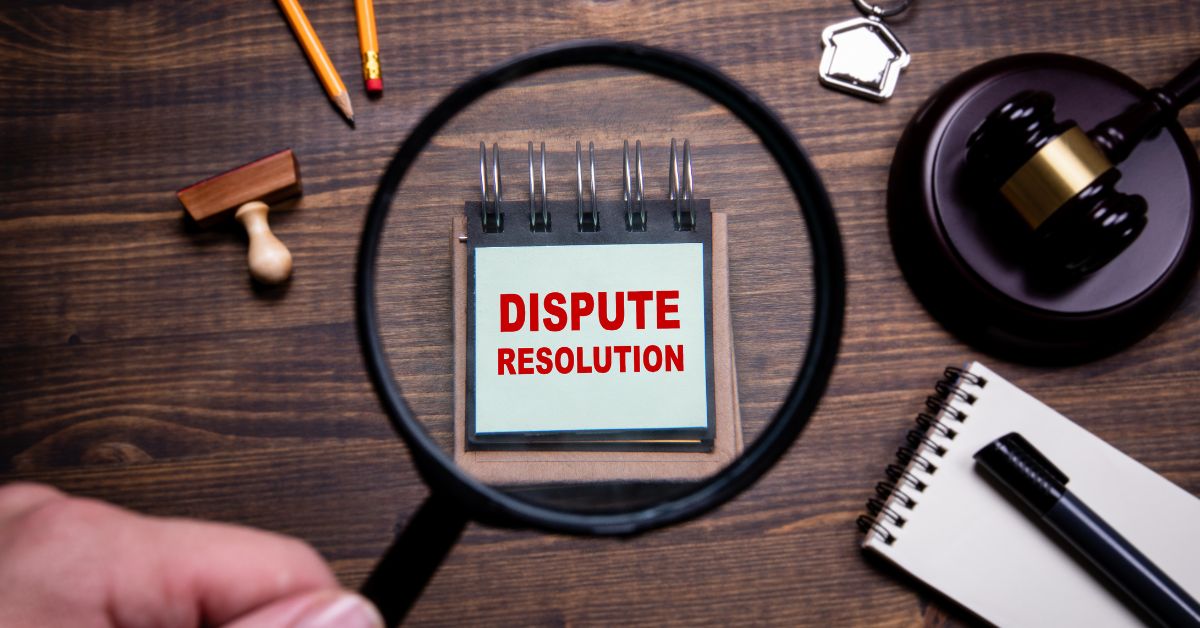As a landlord, you have one simple yet challenging task: to maintain a profitable and stress-free rental property. This, however, becomes a complex mission when professional tenants enter the scene. Understanding their tactics and developing strategies to manage them effectively can be the difference between a smooth rental experience and a real estate nightmare.
Definition of Professional Tenants
Professional tenants, or "rental gamesters," are individuals who habitually exploit legal loopholes, use professional tenant tricks, and manipulate the system to avoid or delay paying rent, often causing significant financial and emotional stress for landlords.
While the term 'professional' is usually a positive designation, when it comes to tenants, it's a term cloaked in irony. Professional tenants are anything but professional. These renters are savvy manipulators who often leave a trail of unpaid rent and property damage in their wake.
The Growing Trend of Professional Renters
With the evolution of the internet and easy access to information, a worrying trend is emerging in the real estate market. Increasingly, professional tenants are honing their craft and becoming more adept at exploiting landlords and the legal system. This problem has grown significantly since the Covid pandemic and the use of social media to spread the tricks that professional tenants were using to exploit the eviction delays. Despite this alarming development, landlords can equip themselves with the knowledge and tools to detect and avoid these troublesome renters.
Identifying Professional Tenants

Characteristics and Traits to Look Out For
Professional tenants often present themselves as ideal renters. They may be charismatic, and convincing, and offer to pay the rent in cash to expedite the leasing process. But beneath this facade, they are calculating individuals who understand how to exploit legal and systemic vulnerabilities.
Be wary of tenants who seem overly familiar with the rental laws and regulations or have an extensive history of evictions. A tenant who offers a sob story may be appealing to your emotions to gain your sympathy and trust. Always remember, owning a rental property is a business, so you shouldn’t be allowing your emotions to guide your decisions.
Red Flags and Warning Signs
A sense of urgency is a common red flag. If a potential tenant is overly eager to move in immediately or is willing to pay several months of rent upfront in cash, proceed with caution. While it might seem appealing initially, this could be a cover for their inability to maintain regular rent payments in the future.
Another warning sign is a reluctance to provide personal information for a background check or references from prior landlords. This could indicate they have something to hide. Also, be cautious if a potential tenant consistently finds fault with the property or tries to negotiate the rent down aggressively.
Mitigating Risks with Professional Tenants

Thorough Tenant Screening and Background Checks
Screening potential tenants thoroughly is one of the most effective ways to avoid professional tenants. A comprehensive background check should include a credit check, criminal record search, and past eviction records. In addition, verify the information provided by the potential tenant, as professional tenants are often skilled in providing false information.
Verifying Income and Employment
A reliable income source and stable employment history can indicate a potential tenant's ability to make consistent rent payments. Verify their income with pay stubs or a letter from their employer, and ensure it is sufficient to cover rent and living expenses. Better yet, a good property management company can now use technology to connect directly to the tenant’s bank account to verify their income without any worries about fake pay stubs or letters.
Checking References and Rental History
A good tenant is likely to have a history of positive relationships with prior landlords. Always check references and be wary of potential tenants who cannot or will not provide them. However, professional tenants may use friends or family members as fake references, so it's crucial to verify the identity of the reference person. Since this is very difficult, we don’t recommend putting a lot of trust in rental references. Always rely upon verifiable information.
Creating a Positive Rental Experience
.jpg)
Setting Clear Expectations and Boundaries
A clear and comprehensive lease agreement is the foundation of a positive rental experience. It sets expectations for both parties and provides a framework for resolving disputes. The lease should clearly outline the terms of the rental, including rent amount and due dates, property maintenance responsibilities, and rules for eviction. If an applicant wants to rewrite portions of your lease beyond just negotiating the rent amount, this is an enormous red flag, and you should run the other way.
Establishing Effective Communication Channels
Establishing open and effective communication channels is essential in maintaining a positive relationship with your tenant. Ensure your tenants know how and when to reach you, especially in case of emergencies.
Providing Quality Amenities and Services
While it's important to protect your investment, it's equally important to ensure your tenants are satisfied with their living conditions. Providing a clean, safe, and comfortable living environment is a sure way to retain good tenants and keep them happy.
Dealing with Issues and Disputes

Establishing a Fair and Effective Lease Agreement
A lease agreement should be fair and equitable to both parties, providing a framework for dealing with potential issues and disputes. Ensure the lease agreement is legally sound and conforms to local and state rental laws.
Resolving Conflicts Professionally
In case of conflicts, maintain professionalism and respect. Remember, the goal is to resolve the issue, not win an argument. Engaging a neutral third party such as a mediator or property management company can sometimes help in resolving disputes.
Seeking Legal Assistance When Necessary
If disputes cannot be resolved amicably, or if the tenant continually violates the terms of the lease, seeking legal advice or assistance is crucial. Eviction should be your last resort, but when necessary, it's important to follow the correct legal process to avoid further complications.
Maximizing Profitability with Qualified Tenants

Setting Competitive Rental Rates
Setting a competitive rent rate will attract more potential tenants, giving you a larger pool to choose from. This also discourages professional tenants, who typically target properties with higher. This is why property managers will usually recommend against setting a rental price at the top of the range for your neighborhood. That will usually weed out legitimate applicants who are seeking fair rent, and the only applicants left will be scammers who have no intention of paying your higher rent once they move in. Good tenants don’t have to pay rates that are above the fair market.
Attracting Long-Term Tenants
Long-term tenants provide a steady rental income and reduce the costs and hassles associated with frequent tenant turnover. Maintain a desirable property and a strong landlord-tenant relationship to encourage tenants to stay long-term.
Utilizing Technology and Online Platforms
Online platforms and technology have made it easier to manage rental properties and screen potential tenants. Utilize these tools to streamline the screening process, manage rent payments, and communicate with tenants.
Building a Strong Landlord-Tenant Relationship

Promoting Trust and Mutual Respect
Promote a culture of trust and mutual respect. This begins with your initial interactions and continues through every communication and interaction you have with your tenant. A respectful relationship discourages dishonest behavior and encourages open communication.
Addressing Tenant Needs and Concerns Promptly
Promptly addressing tenants' concerns demonstrates that you value them and their satisfaction. Whether it's a maintenance issue or a concern about the lease agreement, quick and effective responses can deter tenants from withholding rent or seeking legal loopholes.
Encouraging Tenant Satisfaction and Referrals
A satisfied tenant is more likely to refer others to your property. Encourage this by providing exceptional service and consistently meeting or exceeding your tenant's expectations.
Conclusion
As a landlord, you'll inevitably encounter a wide range of tenant types - from the dream tenant who always pays on time to the dreaded professional tenant. By understanding the tactics of professional tenants and how to spot the warning signs, you can better protect your investment and ensure a positive rental experience.
While dealing with professional tenants can be challenging, it's essential to remember that most tenants are responsible and respectful individuals. Focus on providing excellent service, maintaining open communication, and promoting mutual respect. By doing so, you'll increase tenant satisfaction and ultimately, the profitability of your rental property.
The world of property rental is ever-evolving, and as a landlord, you need to adapt to this changing landscape. Embrace professionalism in your approach to managing your property, and you'll find yourself well-equipped to navigate the world of professional tenants.

.jpg)
